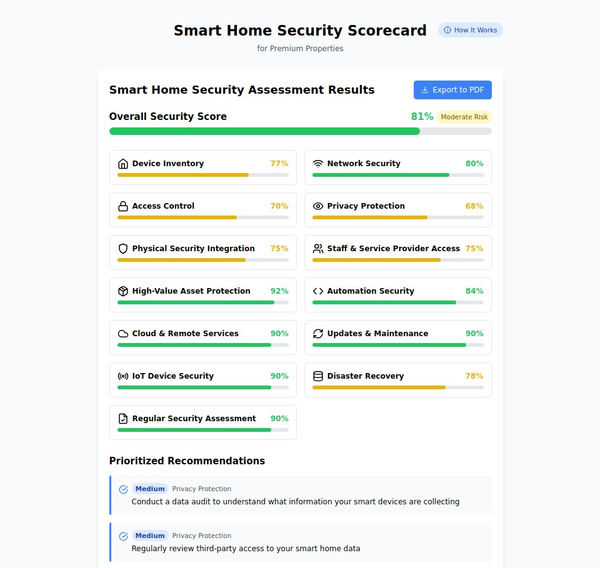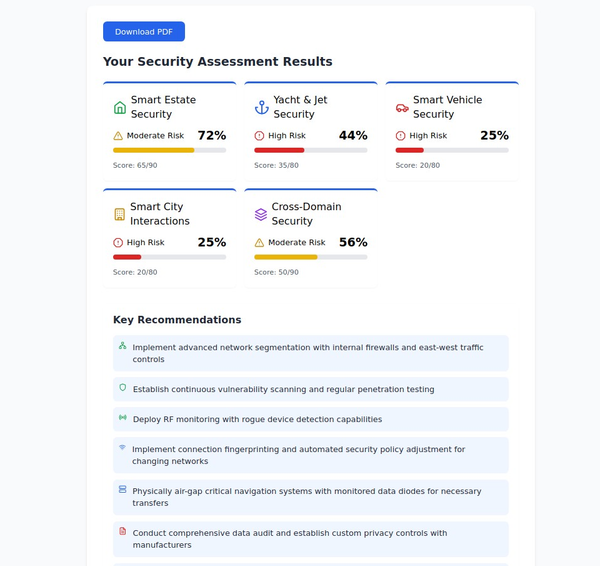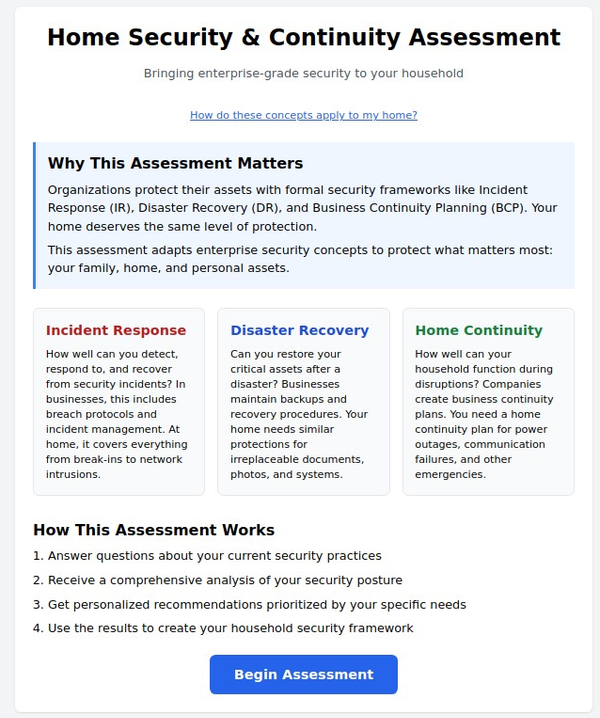The Role of Blockchain in Smart Home Security: Enhancing Trust and Privacy

Introduction: Blockchain technology, renowned for its applications in cryptocurrency, is now extending its potential into the realm of smart home security. By leveraging the decentralized and immutable nature of blockchain, smart home systems can enhance trust, privacy, and security for homeowners. In this article, we will explore the role of blockchain in smart home security, highlighting its benefits and how it can transform the way we protect our homes.
Understanding Blockchain Technology:
a. Definition of Blockchain:
- Blockchain is a decentralized and distributed ledger technology that securely records and verifies transactions across multiple computers or nodes, creating a transparent and tamper-resistant chain of information.
b. Core Features of Blockchain:
- Decentralization: Blockchain operates on a decentralized network, eliminating the need for a central authority or intermediary.
- Transparency and Immutability: Transactions recorded on the blockchain are transparent, visible to all participants, and once recorded, they cannot be altered or deleted.
Enhancing Trust in Smart Home Security:
a. Device Authentication and Identity Management:
- Secure Device Identity: Blockchain enables the creation of a decentralized identity management system, ensuring that only authorized devices can access the smart home network.
- Immutable Device History: Each device's history, including firmware updates and maintenance records, can be stored on the blockchain, creating a transparent and unalterable record.
b. Secure Data Sharing:
- Distributed Data Storage: Blockchain can facilitate secure and encrypted storage of smart home data across multiple nodes, reducing the risk of a single point of failure or data breach.
- Selective Data Sharing: Homeowners can control and authorize access to their smart home data, granting permission only to trusted parties, such as service providers or third-party applications.
Privacy Enhancement in Smart Home Systems:
a. User Anonymity:
- Pseudonymity: Blockchain allows users to operate under pseudonyms, providing a layer of privacy by separating real-world identities from transactional activities within the smart home ecosystem.
- Data Minimization: Blockchain-based systems can minimize the collection and storage of personally identifiable information, reducing the risk of data breaches and unauthorized access.
b. Smart Contracts for Automated Security:
- Secure Automation: Smart contracts, self-executing agreements recorded on the blockchain, can automate security protocols within smart homes, ensuring adherence to predefined rules and conditions.
- Access Control Management: Smart contracts can regulate access to smart home devices and resources based on predefined rules, granting or revoking permissions without the need for centralized authorization.
Potential Challenges and Considerations:
a. Scalability and Performance:
- Blockchain scalability remains a challenge, as increased transaction volume can impact network speed and efficiency. Ongoing developments aim to address these limitations.
b. Integration with Existing Systems:
- Integrating blockchain with legacy smart home systems may require additional development and compatibility considerations to ensure seamless operation and adoption.
Future Outlook and Adoption:
a. Industry Collaborations and Standards:
- Collaborative Efforts: Industry players, governments, and technology consortia are working towards establishing common standards and frameworks to facilitate blockchain adoption in smart home security.
b. Interoperability and Interconnectivity:
- Blockchain's potential expands with interoperability among different blockchain platforms, enabling seamless communication and data exchange between various smart home systems.
Conclusion: Blockchain technology is promising to enhance trust and privacy in smart home security. By leveraging its decentralized and transparent nature, blockchain can strengthen device authentication, secure data sharing, and preserve privacy within smart home ecosystems. While challenges and considerations exist, ongoing developments and collaborative efforts are shaping a future where blockchain is integral to securing our homes. As the technology evolves, homeowners can expect greater control, transparency, and peace of mind in protecting their smart homes.
